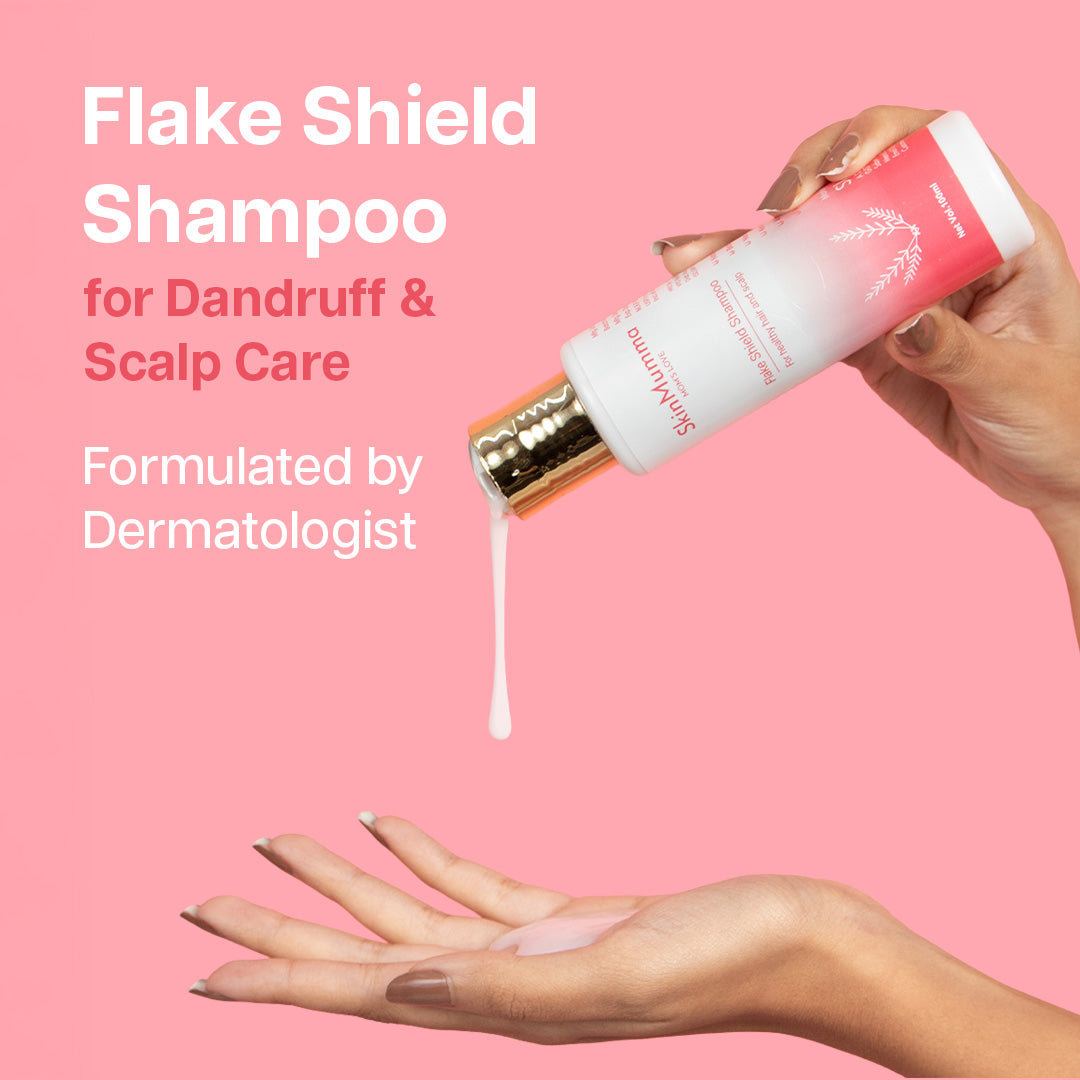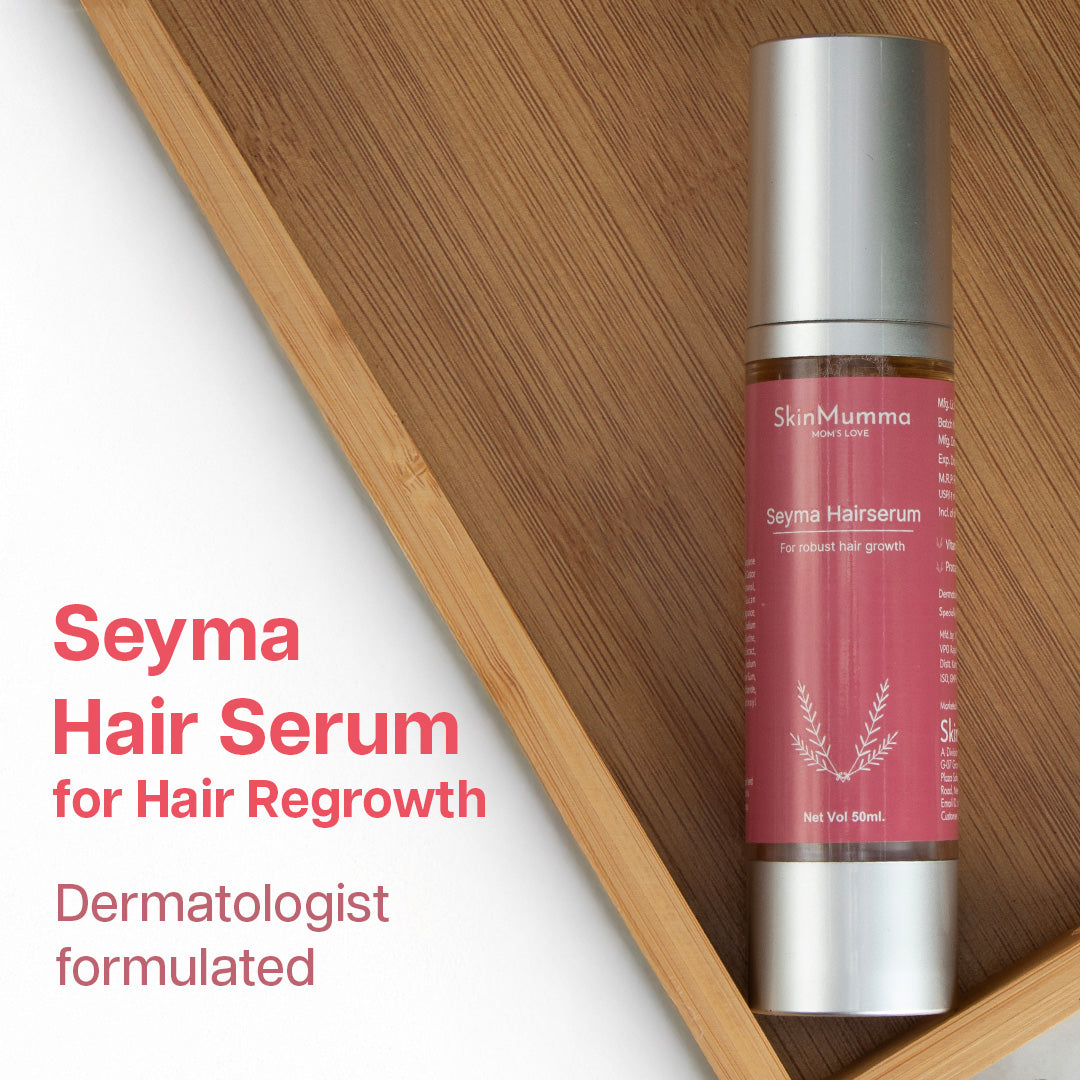The issue of hair loss is not solely a men's problem—countless women across this nation suffer in silence from hair that is thinning, falling out without restraint, and sometimes in patches, going bald for all to see. The reasons for this nightmare can be plenty and are often unique to each sufferer. Styling and straightening can take a toll—but even the most careful can end up with hair that has lost its volume.
But there’s good news: effective treatments for hair fall are achievable. With the correct data, you can make informed decisions. This guide walks you through the causes of hair loss, the best kinds of natural and medical treatments that exist, and how to construct a hair care routine that delivers actual results.
Understanding Hair Loss in Women: Why It Happens
Female hair loss is often the result of a combination of hormonal shifts, sustained stress, genetics, and environmental harm. If you're seeing increased amounts of hair on your pillow or in your brush, it might be a result of one or several of these issues:
-
Shifts in hormonal levels (after pregnancy, with conditions like PCOS, or thyroid-related issues)
-
Stress that is emotional or physical
-
Pollution and exposure to heat
-
Excessive chemical treatments or tight hairstyles
-
Unhealthy diet that lacks the essential nutrients
A scalp in good health is a sign of a lifestyle lived well. The strength and fullness of your hair are impacted by nutrition, stress management, and sleep hygiene.
Different Types of Hair Loss in Women
Before talking about cures for hair falling out, it's critical to know what kind of hair loss you're going through:
-
Androgenic Alopecia or Female Pattern Hair Loss: Thinning of hair along the crown region or widening of the hair parting.
-
Alopecia Areata: Bald spots that arise suddenly and in a patchy way because of an autoimmune condition.
-
Telogen Effluvium: Hair loss induced by stress. It is usually temporary but can be quite alarming.
-
Traction Alopecia: Tight braids, buns, or ponytails can sometimes damage the hairline.
Determining your condition assists in selecting the correct hair loss remedy.
Natural Hair Fall Remedies That Actually Work
Should you choose to take the natural route first, these are scientifically and traditionally backed remedies for promoting hair growth:
Power of a Balanced Diet
-
The principal constituent of hair is protein. Ensure that you consume the following foods:
-
Eggs, nuts, and lentils (rich in biotin and protein)
-
Beetroot and spinach (Iron present in good amounts)
-
Walnuts and flaxseeds (contain Omega-3 fatty acids)
DIY Scalp Massage Techniques
Rubbing your scalp improves blood flow and the supply of nutrients to your hair follicles. This can be done with your fingers in circular motions or with a scalp massager. Perform this 2-3 times per week for the best effect.
Top Essential Oils for Hair Regrowth
-
Castor Oil: Nourishes and thickens each and every root.
-
Rosemary Oil: In particular, stimulates growth for androgenic alopecia, but might help with all hair loss.
-
Peppermint Oil: Stimulates blood flow to the scalp and creates a refreshing sensation. Mix several drops with coconut or almond oil before application.
Home-Based Hair Growth Packs
-
Onion Juice: Rich in sulfur, helps to renew follicles.
-
Aloe Vera Gel: Calms the scalp and lessens the amount of dandruff.
-
Fenugreek Paste: Strengthens the roots and stops breakage.
These cost-effective and safe hair fall remedies, when done regularly, are effective.
Best Medical Hair Fall Treatments for Women
When natural methods can’t do the trick, these hair loss treatment for women might:
-
Minoxidil: A topical solution that has received FDA approval and is known to effectively induce hair regrowth.
-
Biotin Supplements: Reinforce hair from the inside out.
-
Low-Level Laser Therapy (LLLT): A non-invasive light method used to treat dormant follicles and stimulate their activity.
-
PRP Treatment: Takes blood plasma from you and uses it to make hairs grow back.
-
Microneedling: Tiny needles provoke scalp healing and stimulate follicle activity.
-
Surgery for hair transplants: An enduring cure for progressive baldness.
-
Mesotherapy: Directly injects vitamins and peptides into the scalp.
Before starting any treatment, it is crucial to consult a dermatologist.
Expert-Recommended Hair Growth Products for Women
Countless products can be found in the marketplace that vow to foster hair growth. But how does a person go about picking one of these products to invest in? What are the critical selection criteria for a hair growth solution?
-
Components: Biotin, caffeine, keratin, niacinamide.
-
Accreditations: Dermatologically tested, paraben-free, sulfate-free.
Top-Rated Product Categories:
-
Shampoos and conditioners: Seek volumizing, strengthening formulas.
-
Hair Serums & Scalp Tonics: Apply on thinning areas and boost growth.
-
Nutritional Supplements: Inside-out care for healthier hair.
SkinMumma’s hair care range offers natural, effective solutions. They offer some of the best hair growth products in India. The ingredients in their products are rich in nutrients that promote regrowth and are free from any harsh chemicals.
Creating a Hair Growth Routine That Delivers Results
A key to noticeable improvement is consistency. Here’s a weekly hair growth plan:
-
Cleaning: Two times a week with a gentle shampoo.
-
Oil: Once or twice a week, use nourishing oils
-
Treat: Boost strength by applying masks or serums.
-
Protect: Steer clear of intense heat styling and employ soft pillowcases.
-
Stay Hydrated and Get Quality Sleep: Ensure you consume adequate amounts of water; target 7-8 hours of solid sleep.
Refrain from excessively styling your hair, subjecting it to chemical treatments, or fasting—bad practices that can contribute to brittle, unhealthy hair. If you are guilty of these hair sins, now is your chance to repent and restore healthy hair.
When to See a Dermatologist or Trichologist
If you notice the following, it's time to obtain help from a professional:
-
Hair falling out by the handful
-
Bald spots or irritated scalps
-
Hair thinning not improving with home care
A dermatologist or trichologist will do a scalp analysis and may prescribe personalized treatments. Getting assistance early presents you with the most favorable odds of achieving a positive outcome.
Final Thoughts: Be Patient, Consistent & Kind to Your Hair
You can opt for either natural hair growth remedies or medical treatments for hair fall; regardless, the road to revitalized hair requires time, patience, and care. Maintain your regimen, eat properly, and do not become overly troubled by each individual strand. With the proper method, your hair can—and will—return to its normal state.
For reliable, restorative answers, look to the Hair Growth Products of SkinMumma.
FAQs
1: Which product is best for hair growth?
Look for hair oils, serums, or shampoos with ingredients like biotin, onion extract, rosemary oil, or caffeine. These help improve blood flow to the scalp and support hair growth over time.
2: Which treatment is best for hair fall?
Regular oiling, using a mild shampoo, and applying a nourishing serum or mask 1–2 times a week can reduce hair fall. For severe cases, consult a dermatologist for advanced treatments like PRP.
3: What is the best treatment for hair fall?
The best approach is a mix of a healthy diet, gentle hair care, and consistent use of products that strengthen roots. Onion oil, amla-based masks, and scalp massages work well for many people.
3: How to prevent hair fall from natural remedies?
Apply onion juice or aloe vera gel to the scalp twice a week. Coconut oil with curry leaves or fenugreek seed paste also helps reduce hair fall and improve scalp health.
4: What is the remedy for hair fall?
Stick to a regular routine — oil your hair 2–3 times a week, avoid harsh chemicals, and use products with natural ingredients like bhringraj, amla, or castor oil. A balanced diet and less heat styling also help.









Dr Manisha Bindal is the senior dermatologist and laser skin expert with more than 25 yrs of experience in clinical practice. She has to her credit various advanced skin care procedures and Laser skin treatment protocols including chemical peels, fillers, threads and injections. You can trust the expert hands for any skin or hair related problems or any procedure if need be.